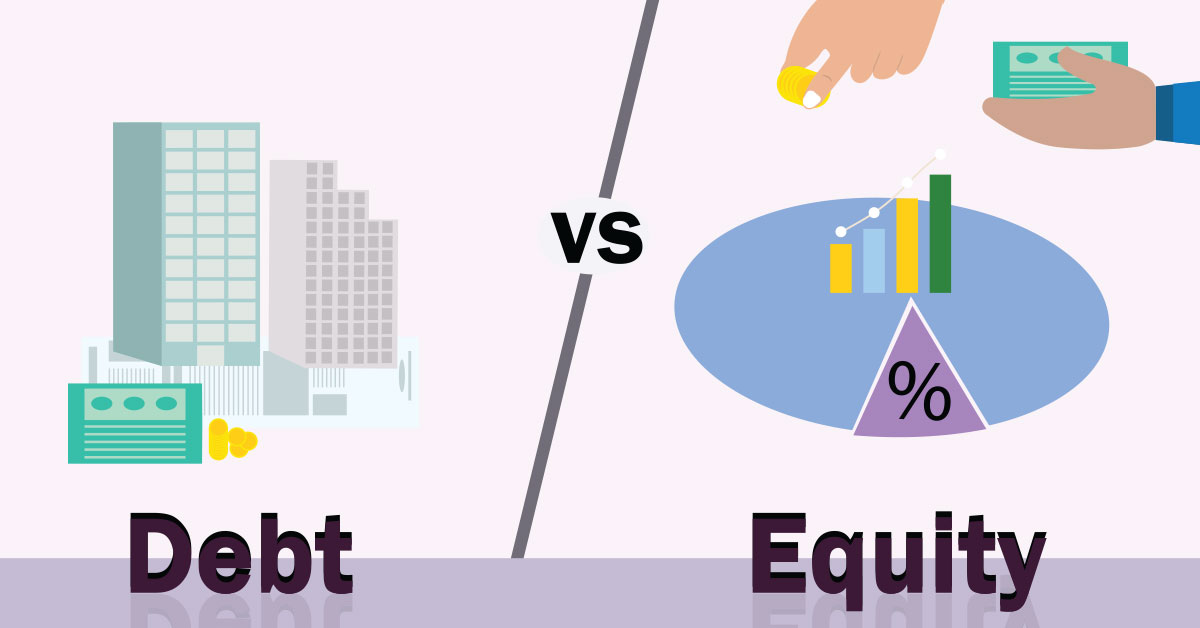
Posted on January 4, 2024 by MergerDomo
Financial vs. Strategic Investors: Choosing the Right Fit for Your Business
In the dynamic world of business, attracting the right kind of investment is crucial for growth and sustainability. Two primary types of investors, financial and strategic, play distinct roles in shaping the future of a company. Each type brings unique benefits and considerations to the table. In this blog post, we will delve into the characteristics of financial and strategic investors, exploring when each is the right fit for businesses at different stages of their development.
Understanding Financial Investors
Financial investors, often referred to as traditional or institutional investors, are typically entities that invest capital with the primary goal of achieving a financial return. These investors include venture capitalists, private equity firms, and angel investors. Their involvement in a company is generally focused on the financial performance and potential profitability of the business.
1.Objective:
- Financial Return: Financial investors, as the name suggests, are primarily motivated by the prospect of financial returns on their investment. Their goal is to invest capital in businesses that show potential for growth and profitability.
2.Investment Types:
- Venture Capitalists (VCs): Venture capitalists are a common type of financial investor, especially in the early stages of a business. They often invest in startups and high-growth companies, providing capital in exchange for equity.
- Private Equity (PE) Firms: Private equity firms typically invest in more mature companies, aiming to optimize their operational efficiency, enhance profitability, and ultimately achieve a lucrative exit.
3.Risk Tolerance:
- Calculated Risk: Financial investors are willing to take calculated risks, but their risk tolerance varies. Venture capitalists, for instance, might be more inclined to take higher risks associated with early-stage startups, while private equity firms may focus on lower-risk, established businesses.
4.Involvement:
- Hands-Off Approach: Financial investors often maintain a hands-off approach when it comes to day-to-day operations. While they may participate in major decision-making processes, they typically leave the execution to the company's management team.
5.Exit Strategy:
- Defined Exit Plans: Financial investors have clear exit strategies. This could involve selling their equity through an initial public offering (IPO), facilitating a merger or acquisition (M&A), or other predefined liquidity events to realize their financial gains.
6.Timeframe:
- Varied Time Horizons: Financial investors have diverse time horizons for their investments. Venture capitalists may be willing to wait longer for a startup to achieve its potential, while private equity firms often have a more structured timeline for exits.
Understanding Strategic Investors:
On the other hand, strategic investors bring more than just capital to the table. These investors, often corporations or businesses operating in the same or related industry, invest with the intention of gaining strategic advantages beyond financial returns.
1. Objective:
- Strategic Value: Strategic investors aim to gain more than just financial returns; they seek strategic value and advantages that go beyond monetary gains. Their investment is driven by the desire to achieve long-term benefits for both parties.
2. Investment Types:
- Corporate Investors: These are typically established corporations looking to invest in or acquire companies that align with their business goals. This can lead to synergies, such as access to new markets, technologies, or complementary resources.
- Industry Partners: Companies operating in the same or related industries may choose to invest strategically in each other to enhance collaboration, share expertise, and achieve mutual growth.
3. Risk Tolerance:
- Balanced Risk and Reward: While strategic investors consider financial returns, they are also interested in the strategic fit and long-term benefits. This may lead them to take calculated risks that align with their broader business objectives.
4. Involvement:
- Active Participation: Strategic investors often play a more active role in the operations of the business. This can include having representatives on the board of directors, collaborating on key decision-making, and actively contributing to the strategic direction of the company.
5. Exit Strategy:
- Flexible Exit Plans: Strategic investors may have more flexible exit plans compared to financial investors. Instead of predefined exit events, their focus is on achieving strategic objectives, which could involve a continued partnership, joint ventures, or other collaborative arrangements.
6. Timeframe:
- Long-Term Vision: Strategic investors typically have a longer-term vision, aligning their interests with the sustainable growth and success of the business. Their investment horizon is often influenced by the time required to realize strategic objectives.
Choosing the Right Fit
Now that we've explored the characteristics of financial and strategic investors, let's discuss when each type is the right fit for businesses based on their stage of development.
1. Early-Stage Startups:
- Financial Investors: In the early stages, when a company is focused on product development and market validation, financial investors such as angel investors or venture capitalists may be the preferred choice. Their risk tolerance and appetite for investing in innovative ideas align well with the uncertainties of the startup phase.
- Strategic Investors: While less common at this stage, strategic investors could bring valuable industry insights and mentorship. However, startups should carefully consider the potential for loss of control and the impact on their long-term vision.
2. Growth Stage Companies:
- Financial Investors: As companies move into the growth stage, financial investors continue to be vital. Private equity firms may come into play, providing substantial capital to fuel expansion. Their focus on financial performance aligns with the company's goal of scaling operations and increasing market share.
- Strategic Investors: At this stage, strategic investors become increasingly relevant. Partnerships with corporations in the same industry can open doors to new markets, enhance distribution channels, and provide access to complementary resources.
3. Mature Businesses:
- Financial Investors: Mature businesses often attract financial investors looking for stable, cash-generating assets. Institutional investors seeking a steady return on investment may invest in companies with a proven track record of profitability.
- Strategic Investors: Even at the mature stage, strategic investors remain relevant. Partnerships with industry leaders can provide opportunities for innovation, diversification, and global expansion. The strategic investor's long-term vision may align with the company's goals for sustained success.
4. Special Circumstances:
- Financial Investors: In situations where a company needs a capital infusion without significant operational involvement, financial investors are the go-to choice. This might be the case when the company requires funds for restructuring, debt repayment, or specific projects.
- Strategic Investors: Special circumstances, such as entering a new market or launching a joint venture, may make strategic investors the preferred option. Their expertise and existing market presence can be invaluable in navigating complex challenges.
Conclusion
In the ever-evolving landscape of business, the choice between financial and strategic investors is not black and white. The decision should be based on a thorough understanding of the company's goals, stage of development, and the specific advantages each type of investor brings to the table.
Financial investors offer capital, risk tolerance, and a focus on financial returns, making them ideal for startups and companies in need of capital for expansion. On the other hand, strategic investors bring industry expertise, synergies, and a long-term vision, making them valuable partners for companies seeking more than just financial backing.
Ultimately, the key is to carefully evaluate the unique needs of your business and align them with the strengths of the chosen investor. Whether it's a financial or strategic partnership, the right investor can propel your business to new heights, fostering growth, innovation, and long-term success.




